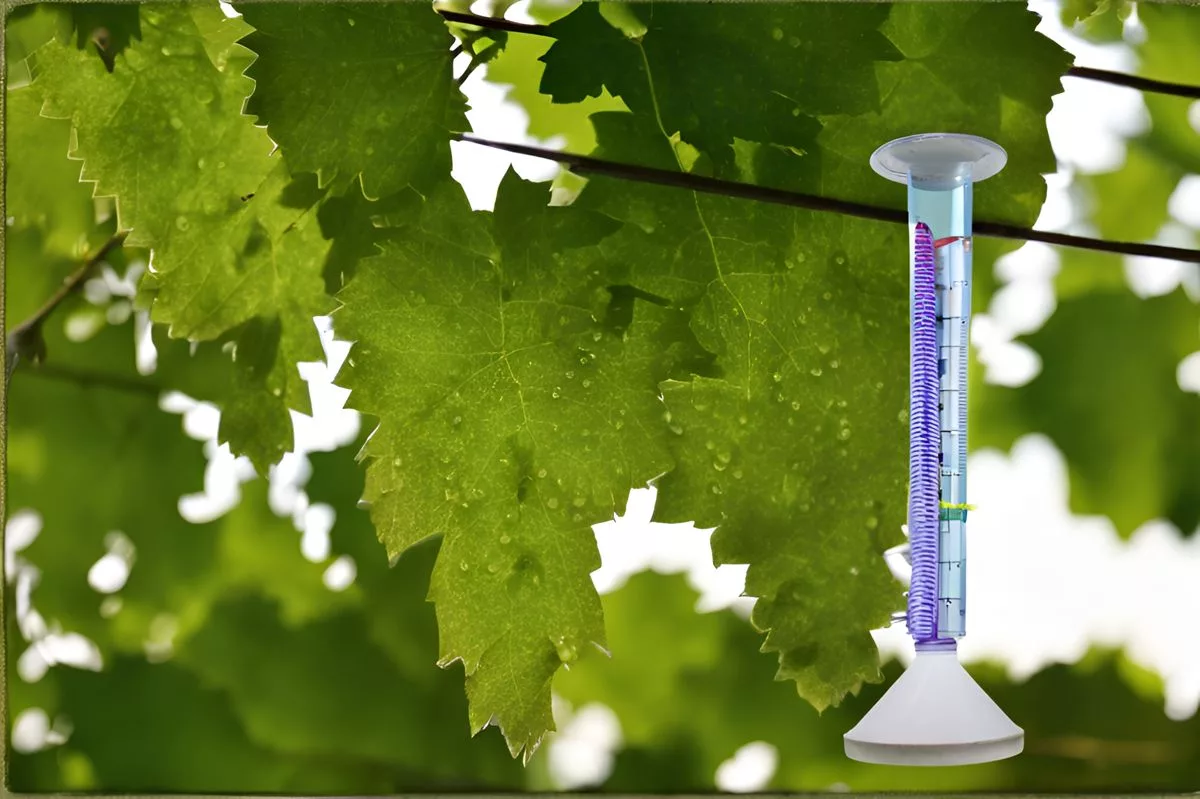Addison’s Disease is an uncommon condition that affects only one in 100,000 people and is caused by an autoimmune disease. Despite being relatively unknown, famous people like President Kennedy, Jane Austen, and Helen Reddy have fought against it. Recently, Janine Hofmeyr, spouse of a South African singer, shared her experience with Addison’s Disease on social media, raising awareness for the condition and showing the resilience needed to navigate it.
Addison’s Disease: An Exceptional Rarity
Addison’s disease, also referred to as primary adrenal insufficiency, is notably uncommon. Only a single individual in every one hundred thousand will receive a diagnosis of this rare condition, underscoring its singular nature.
In the complex maze of human health, a plethora of conditions remain confounding, mystifying medical practitioners and those who endure them. Addison’s disease is one such anomaly which was recently propelled into the public view following the revelation by Janine Hofmeyr, the spouse of lauded South African Afrikaans vocalist, Steve Hofmeyr.
Janine Hofmeyr’s unveiled this private news through a social media post which acted as a personal admission and a solicitation for community support. She shared the gravity of her condition, explaining, “After numerous exams, I’ve been confirmed to have Addison’s disease. This rare autoimmune disease involves your immune system assailing your adrenal glands until they cease to function. The recuperation journey is long, and I’m navigating it one hour at a time.”
Addison’s Disease: An Exceptional Rarity
Addison’s disease, also referred to as primary adrenal insufficiency, is notably uncommon. Only a single individual in every one hundred thousand will receive a diagnosis of this rare condition, underscoring its singular nature. The disease’s onset involves an intricate interplay of environmental and genetic aspects, with causal elements ranging from infections to the total destruction of the adrenal glands.
An individual diagnosed with Addison’s disease experiences an insufficient production of cortisol, and occasionally, aldosterone, by the adrenal glands. These hormones play pivotal roles in our bodies: cortisol facilitates stress response, maintains cardiovascular health, and regulates inflammation, while aldosterone collaborates with our kidneys to manage salt and potassium levels.
Despite its daunting presence, Addison’s disease is not a fatal verdict. Through medication and mindfulness, diagnosed individuals can lead regular lives, albeit with the unceasing consciousness of a possible sudden exacerbation of symptoms, referred to as an adrenal crisis. This is a dramatic plunge in cortisol levels and is considered a medical emergency.
Notable Figures and the Unseen Battle with Addison’s Disease
Addison’s disease has been propelled from the obscure corners of medical literature into the limelight of popular culture through the stories of prominent figures who managed their public personas while silently struggling with the disease. President Kennedy, whose diagnosis was revealed posthumously, carried the weight of Addison’s while leading the United States. His sister, Eunice Kennedy Shriver, shared this battle. Esteemed novelist Jane Austen and celebrated singer and actress Helen Reddy also grappled with the condition.
The symptoms of Addison’s disease, just like the disorder itself, span from ordinary to enigmatic. The most typical signs include nausea, joint discomfort, hypoglycemia, poor focus, and more. These signs act as warning bells, notifying the individual affected and their healthcare providers of the covert fight ongoing within the body.
A Human Journey: Resilience Against Addison’s Disease
Janine’s story is a courageous struggle against this infrequent disease. She is not only waging a physical battle but also addressing the challenge of illuminating this obscure condition. By sharing her experience, Janine has joined the ranks of notable figures using their influence to foster awareness about Addison’s disease.
Janine’s journey, similar to many others embarking on a life with Addison’s, is a tribute to human fortitude. Despite grappling with her recent diagnosis, she exhibits immense bravery by confronting her condition directly, one hour at a time. Her social media outreach goes beyond personal narration – it serves as a call for others affected by Addison’s to unite in establishing a support network for this uncommon yet formidable disease.
Overcoming Addison’s disease is a journey marked by bravery and determination. It’s a dance with the unknown, a struggle against an unseen foe, and a declaration of the undeniable human spirit. For those touched by Addison’s disease, each new day is a triumph, each hour a testament to their strength, and each minute a tribute to their grit.
1. What is Addison’s Disease?
Addison’s Disease is an uncommon condition caused by an autoimmune disease that affects only one in 100,000 people. It involves the immune system attacking the adrenal glands until they cease to function, leading to insufficient production of cortisol and occasionally, aldosterone, by the adrenal glands.
2. What are the symptoms of Addison’s Disease?
The symptoms of Addison’s Disease can range from ordinary to enigmatic and include nausea, joint discomfort, hypoglycemia, poor focus, and more. These signs act as warning bells, notifying the individual affected and their healthcare providers of the covert fight ongoing within the body.
3. How common is Addison’s Disease?
Addison’s Disease is a notably uncommon condition that affects only one in 100,000 people. The disease’s onset involves an intricate interplay of environmental and genetic aspects, with causal elements ranging from infections to the total destruction of the adrenal glands.
4. Who are the notable individuals who have had Addison’s Disease?
Notable figures who have had Addison’s Disease include President Kennedy, whose diagnosis was revealed posthumously, his sister Eunice Kennedy Shriver, novelist Jane Austen, and singer and actress Helen Reddy.
5. Is Addison’s Disease fatal?
Addison’s Disease is not a fatal condition. Through medication and mindfulness, diagnosed individuals can lead regular lives, albeit with the unceasing consciousness of a possible sudden exacerbation of symptoms, referred to as an adrenal crisis, which is considered a medical emergency.
6. How can we support those with Addison’s Disease?
Supporting individuals with Addison’s Disease involves fostering awareness about the condition and establishing a support network. Janine Hofmeyr, spouse of a South African singer, recently shared her experience with Addison’s Disease on social media, raising awareness for the condition and showing the resilience needed to navigate it. By sharing her experience, Janine has joined the ranks of notable figures using their influence to foster awareness about Addison’s disease.










